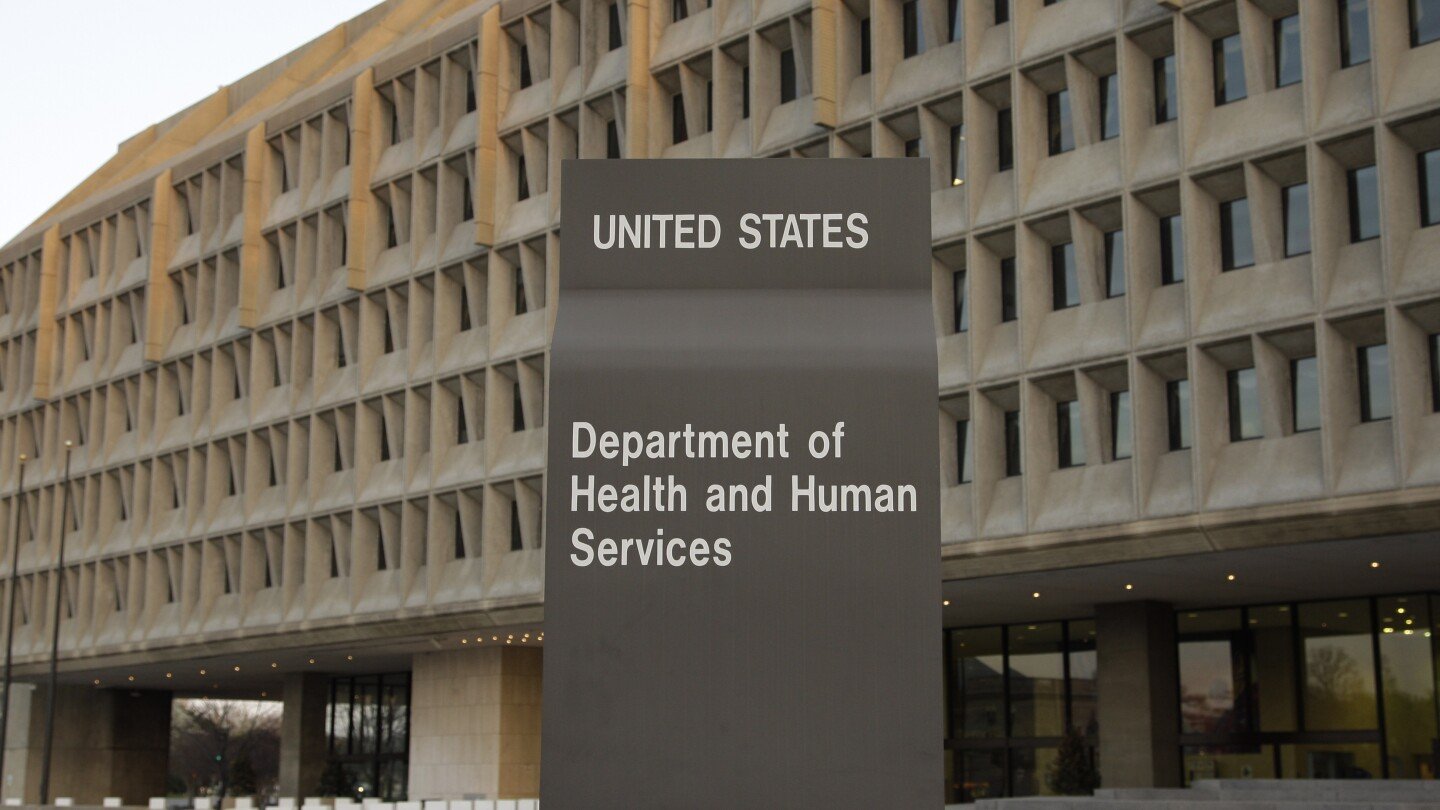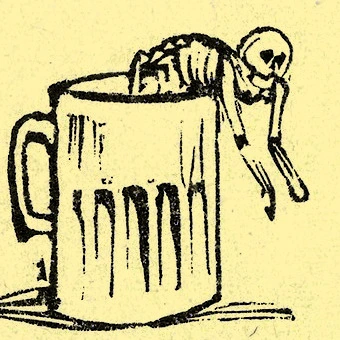- cross-posted to:
- news@lemmy.world
- cross-posted to:
- news@lemmy.world
As Salvatore LoGrande fought cancer and all the pain that came with it, his daughters promised to keep him in the white, pitched roof house he worked so hard to buy all those decades ago.
So, Sandy LoGrande thought it was a mistake when, a year after her father’s death, Massachusetts billed her $177,000 for her father’s Medicaid expenses and threatened to sue for his home if she didn’t pay up quickly.
“The home was everything,” to her father said LoGrande, 57.
But the bill and accompanying threat weren’t a mistake.
Rather, it was part of a routine process the federal government requires of every state: to recover money from the assets of dead people who, in their final years, relied on Medicaid, the taxpayer-funded health insurance for the poorest Americans.
A person’s home is typically exempt from qualifying for Medicaid. But it is subject to the estate recovery process for those who were over 55 and used Medicaid to pay for long-term care such as nursing home stays or in-home health care.
This month, a Democratic lawmaker proposed scuttling the “cruel” program altogether. Critics argue the program collects too little — roughly 1% — of the more than $150 billion Medicaid spends yearly on long-term care. They also say many states fail to warn people who sign up for Medicaid that big bills and claims to their property might await their families once they die.
Wow! There is an enormous lack of humanity behind this practice.
There is an enormous lack of humanity behind the entire “healthcare” in the US. As a European, it is never not equal parts baffling and horrifying to me.
Yep… I have many complaints about the system we have in canada but every time I hear a story about the US, I remember that there are levels to first world healthcare, and some countries are stuck at the tutorial
I’m Canadian too. I know people who’ve had lung transplantation and one who had a part of their spinal column removed and put back in… they’re both living pretty normal lives now.
Our system has challenges but it’ll keep you alive and you won’t be bankrupt after engaging with it. Either of those people would have absolutely run down any insurance package with their care and treatment.
It shouldn’t be that baffling, honestly.
This is what happens when you let profit-driven corporations; and the rich fucks who own them, dictate government policy.
America really is the capitalist dream.
It’s baffling that US-Americans are not up in arms about this, demanding a reasonable system from their government.
It’s commonly got around too by those with the resources by switching the assets into a trust or in another person’s name a few years before they need the long-term care. Literally only penalizes the most vulnerable. NYS long-term care is so stupid expensive because they privatized it.
I’m really at a loss for why the American public hasn’t started nationalizing shit. Everyone seems so mad at everything but the real problems.
With health coverage being tied to employment, and employment taking up every shred of energy from large swaths of the population due to very low wages and long hours (a solid chunk of said wages go directly to health coverage, and many people work a bunch of overtime or a second job just to get by), I’m not really sure how people would, by and large, have an opportunity to really do anything about it.
Like yeah, everyone hates it and wants it to change, but if you take time to protest (even if you cover it with pto), you may lose your job for the effort, even if they just find out you went or whatever. It’s not protected action, employment-wise (thanks, union busting). And any other support for it also needs a lot of time and energy…
Basically employers have set it up this way to strap us over a barrel. It’s all intentional to take away our ability to really do anything about it. Keep us slaving, cuz the alternative might just be death.
Sadly I think it’ll need to be even worse before we see large scale risk taking by the population… when you have nothing left to lose you fear no loss… until then you try to survive best you can.
Because our public education system has been gutted and the 4th estate has become something of a joke so good luck holding anyone accountable even if you are educated enough to realize what’s going on: This is by design to help the people in power try to keep their power and obscene wealth.
Because our government is totally incompetent at every thing its runs.
This is objectively false.
The bill to end this practice was brought by U.S. Representative Jan Schakowsky (IL-09). I had no idea this was a thing, it’s asinine as fuck to take poor peoples’ inheritance. Especially to pay for public medical care which would be free if the patient were younger, and double especially when it’s a literal drop in the ocean to the government.
It really is horrifically cruel, to go on taking from people who have just lost someone. I hope this bill succeeds; I will be calling my rep to confirm they’re voting for it. I’m also thinking about calling Schakowsky’s office and thanking her for advancing this one; I think people will call when they’re upset but almost never to say “good job!”, and there should be more of that.
A bill against cruelty absolutely cannot pass a conservative majority. Conservatives thrive on cruelty. This bill needs to be brought up during a Dem trifecta or it cannot pass.
Ah the US. The country where the only way to play is make yourself useless for income generation or be a millionaire.
Die young or die rich. Any other thoughts of humanity goes right out the window.
America really fucking hates poor people. Eat the damn rich already. WTF.
It really bothers them if others don’t work harder than they do for less pay.
I resent the headlines blaming states when I’m pretty sure this is a federal requirement if states want to receive Medicaid funds
If you read the article, it’s slightly vague/confusing. It seems the federal government does require states to have some program for fund recovery, but the rules are up to the states. So some/many states don’t go after houses, or only do in specific (but uncommunicated) situations.
Fucking disgusting, our healthcare system is outright dystopian.
I guess the only good part of not being allowed to marry (without losing almost everything), have assets, or afford to own anything as a disabled person is when I die the fuckers don’t get a thing. My partner can go about his business.
This is truly distressing.
While this good lawmaker tries to make it happen, are there any strategies for families to get around this?
I suppose relinquishing ownership of a house to loved ones, but that poses many problems. (What if there are more than one surviving adult children, who to choose? Maybe that might not deter debt collection anyway?)
EDIT for the following: since this is a federal law, it’s a requirement in every state. Sorry for any confusion I caused. (Very odd, I’m trying to strike out the following, but I don’t think it’s working - sorry.)
~~Also, does this apply for every state? It seems Illinois - as an example - covers assisted living and nursing homes.
Is this a matter that mostly affects red states? The article doesn’t seem to say.~~
With multiple children the assets can put the in a trust.












